The company commits to source exclusively from vessels implementing best practices
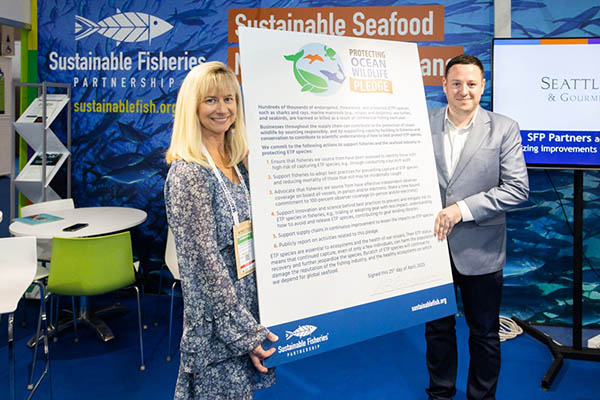
Thai Union, one of the world’s largest seafood companies, has signed the Sustainable Fisheries Partnership’s Protecting Ocean Wildlife pledge, an initiative to reduce the bycatch of vulnerable marine wildlife in commercial fisheries.
The commitments include identifying fisheries with the highest risk of endangered, threatened and protected (ETP) bycatch and reducing those risks through broad adoption of best practices, 100 percent observer coverage, support of innovation and science, continuous improvement in supply chains and public reporting.
“We are proud to be the first company to sign the pledge, and we urge other seafood companies to join us in this commitment,” said Adam Brennan, group director of sustainability at Thai Union. “It is only through the efforts of the leaders in our industry that we will achieve the results and ultimate goals in protecting and restoring our endangered marine life.”
In March 2023, Thai Union committed to only sourcing from vessels that are implementing best practices to protect ocean wildlife from bycatch. This commitment was based on research by the Sustainable Fisheries Partnership (SFP) on the risks to sharks, seabirds, turtles and other marine wildlife in the fisheries that supply the company, as well as an analysis by Key Traceability of Thai Union’s tuna fishery improvement projects and in the highest risk fisheries that were identified in the audit.
“It’s great that Thai Union is starting the movement, but reducing bycatch in commercial fisheries will only happen if the entire industry adopts this level of commitment,” said Kathryn Novak, SFP’s biodiversity and nature director. “We invite other companies to take the pledge. In fact, we’re setting a goal to get 10 more companies signed on by World Oceans Day in June.”
Thai Union’s “bycatch audit” was undertaken as part of SFP’s Protecting Ocean Wildlife initiative – an international, industry-led effort to address marine wildlife bycatch. SFP conducted a review and assessment of Thai Union’s source fisheries using existing sustainability data to determine risks, overlaps with the company’s key products and where the most impacts can be made to reduce ocean wildlife bycatch.
Follow the Advocate on Twitter @GSA_Advocate
Now that you've reached the end of the article ...
… please consider supporting GSA’s mission to advance responsible seafood practices through education, advocacy and third-party assurances. The Advocate aims to document the evolution of responsible seafood practices and share the expansive knowledge of our vast network of contributors.
By becoming a Global Seafood Alliance member, you’re ensuring that all of the pre-competitive work we do through member benefits, resources and events can continue. Individual membership costs just $50 a year.
Not a GSA member? Join us.
Author
Tagged With
Related Posts
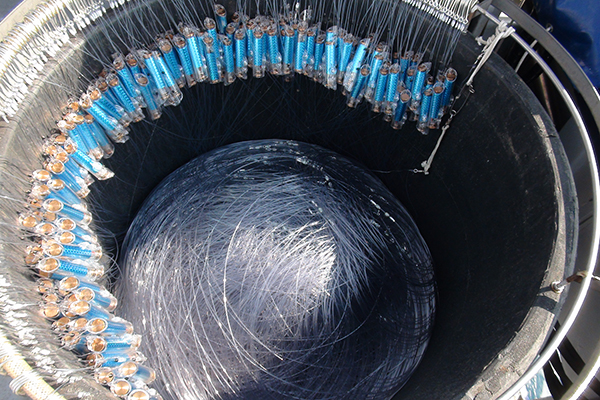
Fisheries
Could an electric-pulsed device help mitigate shark bycatch in longline fisheries?
Research shows that SharkGuard, an electric-pulsed device that attaches to longline fishing rigs, can significantly reduce shark bycatch.
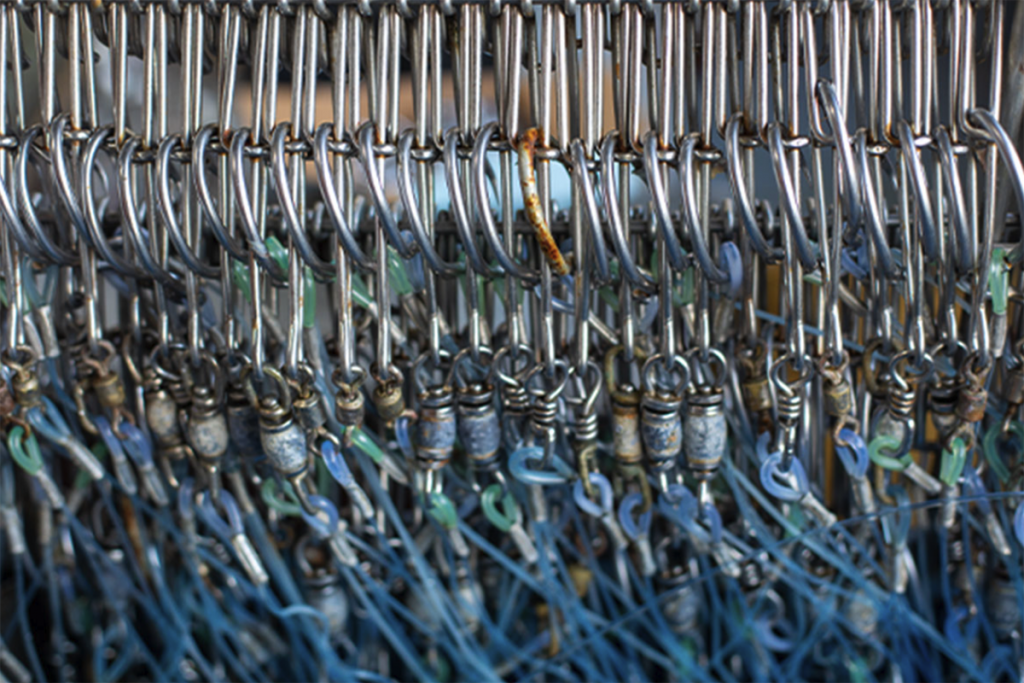
Fisheries
Could these high- and low-tech approaches help curb fisheries bycatch?
From marine mammal ‘pingers’ to seabird-sparing fishing hooks, commercial fishermen have a growing number of options to prevent fisheries bycatch.
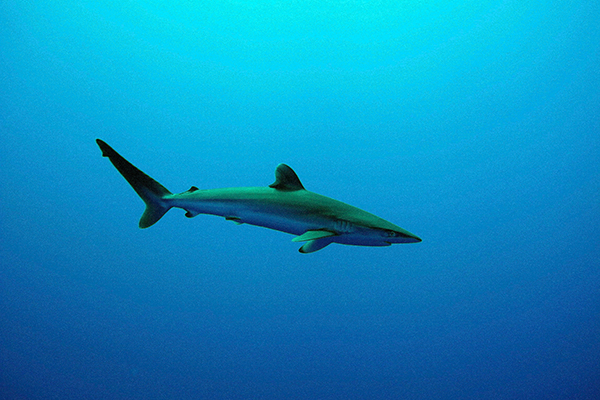
Fisheries
Fisheries management help tunas, billfishes recover, but extinction risk of sharks rises
New study suggests conservation and fisheries management help tunas and billfishes recover, but shark biodiversity continues to decline.
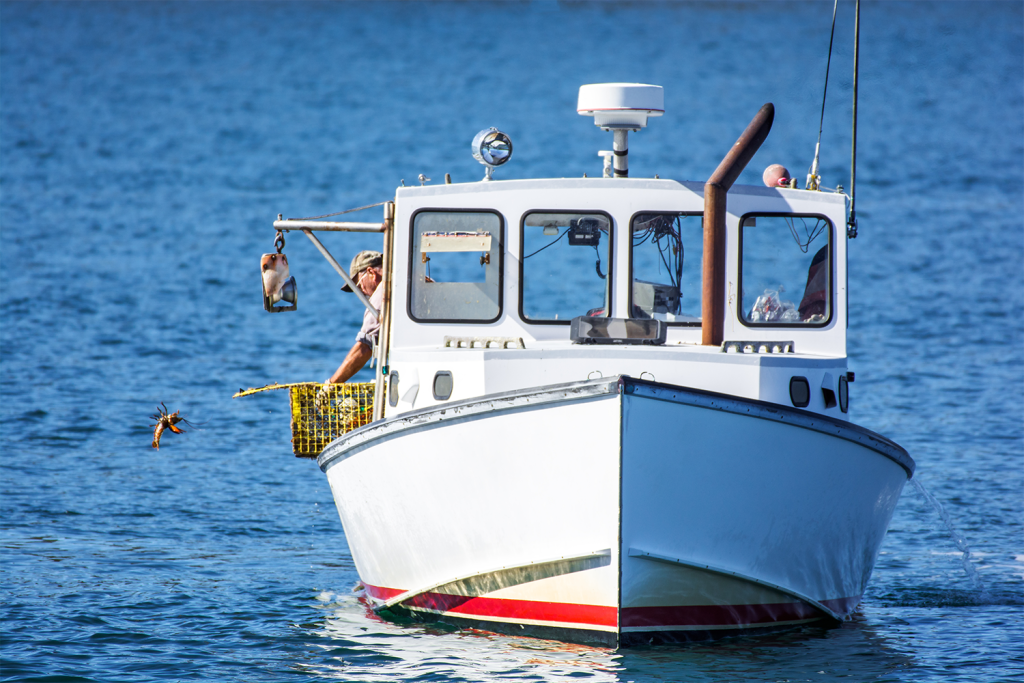
Fisheries
Balancing protection and production: Diving into the North Atlantic right whale conflict with lobster and crab fishing
A closer look at the conflict between North American fixed-gear fisheries and North Atlantic right whale protection measures.



